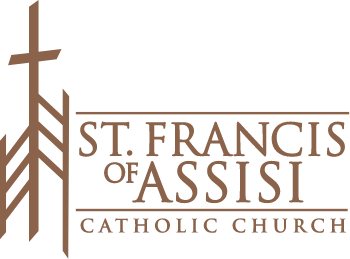I still remember the day so clearly. Chase came home from school wearing a camo shirt with a crucifix on it. He was a seventh grader. Something seemed very wrong. I kept him in the car until he finally spoke up. From the lips of a junior high boy, he said he knew his life’s calling, to sacrifice his life for others through military service. His demeanor was due to concern that we wouldn’t be okay with that calling and gift of self.
Chase sacrificed his life in service. He was willing to give his life up to the point of death. Although Chase never had to give of his life in this way, he did make another choice as a teenager. Unbeknownst to his parents, he chose to be an organ donor.
Chase took extreme care of his body. He was meticulous with what he ate, worked out regularly, and maintained a strict sleep schedule. He knew his body was a temple, and he offered it in service to others. He never knew when he would be called to give of himself, so he stayed ready.
Due to his selfless choices, he has now given life to many others. On July 19th, 2023, Chase passed away from a car accident. His sacrifice was not what he originally intended, but God’s omnipotence brought so much good to many through Chase’s election to be an organ donor.
CCC 2296 states, “Organ donation after death is a noble and meritorious act and is to be encouraged as an expression of generous solidarity. It is not morally acceptable if the donor or his proxy has not given explicit consent. Moreover, it is not morally admissible to bring about the disabling mutilation or death of a human being, even in order to delay the death of other persons.”
In St. John Paul II’s encyclical, The Gospel of Life, he spoke of organ donation as “everyday heroism.” In another address, he said, “The decision to offer without reward a part of one’s own body for the health and well-being of another person” is “a genuine act of love.” He spoke of the unity of body and soul and how organ donation is a unique gift of self because of this unity. This great mystery is spoken of by many recipients who have gained certain characteristics (such as likes and dislikes) of the donor they did not have before! Pope Francis has also spoken of it as a “testimony of love for our neighbor.”
The Church puts the responsibility of determining when a person has died in the hands of medical doctors. There also cannot be a transplant of organs inseparably tied to that person’s unique and procreative identity, such as the brain or reproductive organs. The Church also addresses a living donor giving an organ such as a kidney or blood donation. This donation is also noble and virtuous if the person’s functional integrity is kept intact.
When it comes to the moral life, we look to Jesus. We listen to the words he spoke; we study his actions. When asked what the greatest commandment was, Jesus responded, “To love God with all your heart, soul, mind, and strength” and “To love your neighbor as yourself.” Pope Francis described organ donation as a “testimony of love for your neighbor.” Jesus gave His life so we can live, and He continues to give life to us through His complete gift of self in the Eucharist: body, blood, soul, and divinity. Through organ donation, St. John Paul II affirms it “[offers] a chance of health and even of life itself to the sick who sometimes have no other hope” (“Evangelium Vitae,” No. 86). Jesus’ sacrifice continues to give life to humanity. How beautiful that after we have laid down our life and handed it to the Father, we can continue to give so that others may live?
But we don’t have to wait. If you are able, give blood. Join the registry for bone marrow donation. If you haven’t already, let your living relatives know your wishes on organ donation if you pass. Consider updating your ID with this decision. Bring life and hope to others through this gift of self.
“Man cannot fully find himself except through a sincere gift of himself” (Pope Paul VI).
Christina Brouillette — SFA Theologians Guild Member

